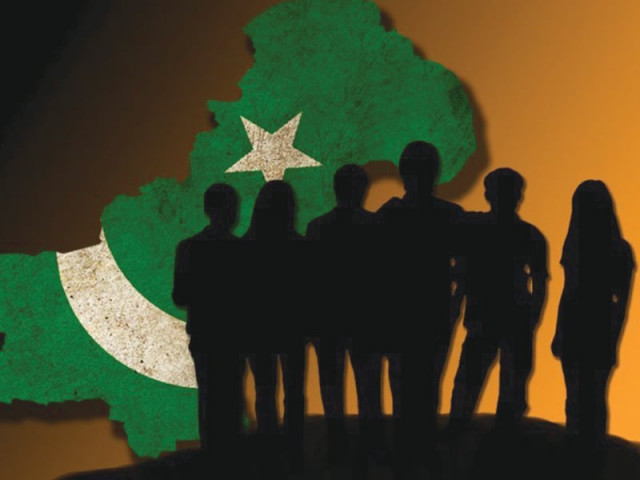Unemployment and the PM’s youth programme
Transparency in loan scheme to benefit poor unemployed youth.

According to the Labour Force Survey 2012, half of the Pakistani workforce is unemployed and the employment to population ratio has risen to 50.4% from 46.8% over the last decade.
There are numerous factors contributing to the growing ranks of unemployed including higher population growth rate compared to the size of economy, low productivity in major sectors of economy like agriculture and industry, law and order issues, energy shortages and insignificant foreign direct investment.
According to the Labour Force Survey 2012, half of the Pakistani workforce is unemployed and the employment to population ratio has risen to 50.4% from 46.8% over the last decade. Jobless rate rose by 6% last year.
A report carried by The Express Tribune a few months ago highlighted that Pakistan had the ninth largest workforce in the world and the figure stood at 57.24 million. Of this, 3.4 million were unemployed.

This massive challenge could develop into a deep-rooted crisis with inflation already slipping into double digits. What has been done by the policymakers over the years to address the challenge? Either they have done nothing or undertaken some cosmetic measures like the Yellow Cab Scheme in the 1990s, Waseela-e-Haq project, most recently the Benazir Income Support Programme and others.
Although these programmes were designed to curb unemployment, the targets could not be achieved mainly because of poor implementation and changes in policies with the change of government.
Whenever a democratic government takes power in Pakistan, it sets ambitious targets and launches revolutionary schemes, but without proper evaluation of costs and benefits. The PPP-led coalition government launched the BISP in order to tackle poverty and unemployment soon after taking reins of the country in 2008. What was achieved after spending hundreds of billions of rupees?
The new government is also following in the footsteps of the previous one and has brought a loan scheme to reduce unemployment. Though it looks like a good initiative when seen in the context of promoting the culture of entrepreneurship, it is a leap in the dark when it comes to implementation.

The PML-N government has unveiled the Youth Business Loan Scheme with an aim to facilitate 100,000 youth by disbursing loans ranging from Rs100,000 to Rs2 million at a mark-up of Kibor plus 500 basis points per annum. Of this, 8% markup will be paid by the borrower and the remaining will be borne by the government.
In the budget for the current fiscal year, Rs100 billion has been earmarked for the scheme, implying that, on an average, applicants can take a loan of Rs1 million each, depending on the strength of their business plan.
A question is being asked how the government will be able to tackle unemployment with loan schemes like the PM youth programme. To implement the scheme, the government will have to shortlist 100,000 applications out of a huge pool of millions. And how the government will distinguish appropriately between the unemployed and the people already doing a job?
Experts do ask another question. Does the country really have 100,000 entrepreneurs having the ability to turn an opportunity and capital into profits and prosperity? In Pakistan, loan default and write-off is a common practice, but is limited to the urban centres and powerful rural elite.
Apart from this, such programmes, which were initiated with the objective of reducing unemployment and poverty, could be used for political gains and lead to corruption and nepotism. There is a need to ensure transparency and target the poor unemployed youth regardless of political association.
The writer hosts business talk shows on FM 101 and Radio Pakistan and is pursuing M Phil degree in Economics
Published in The Express Tribune, December 16th, 2013.
Like Business on Facebook, follow @TribuneBiz on Twitter to stay informed and join in the conversation.




1733130350-0/Untitled-design-(76)1733130350-0-208x130.webp)













COMMENTS
Comments are moderated and generally will be posted if they are on-topic and not abusive.
For more information, please see our Comments FAQ